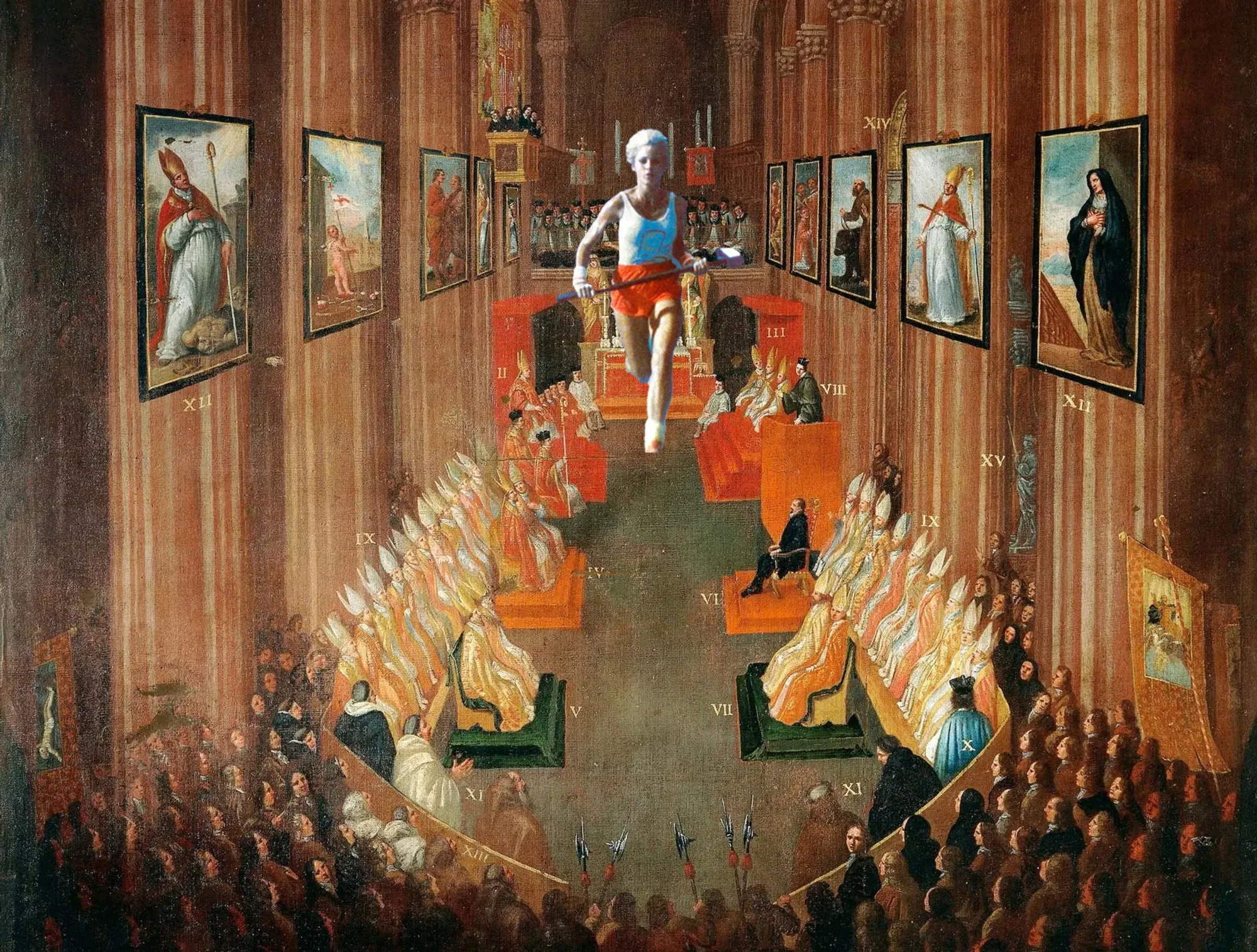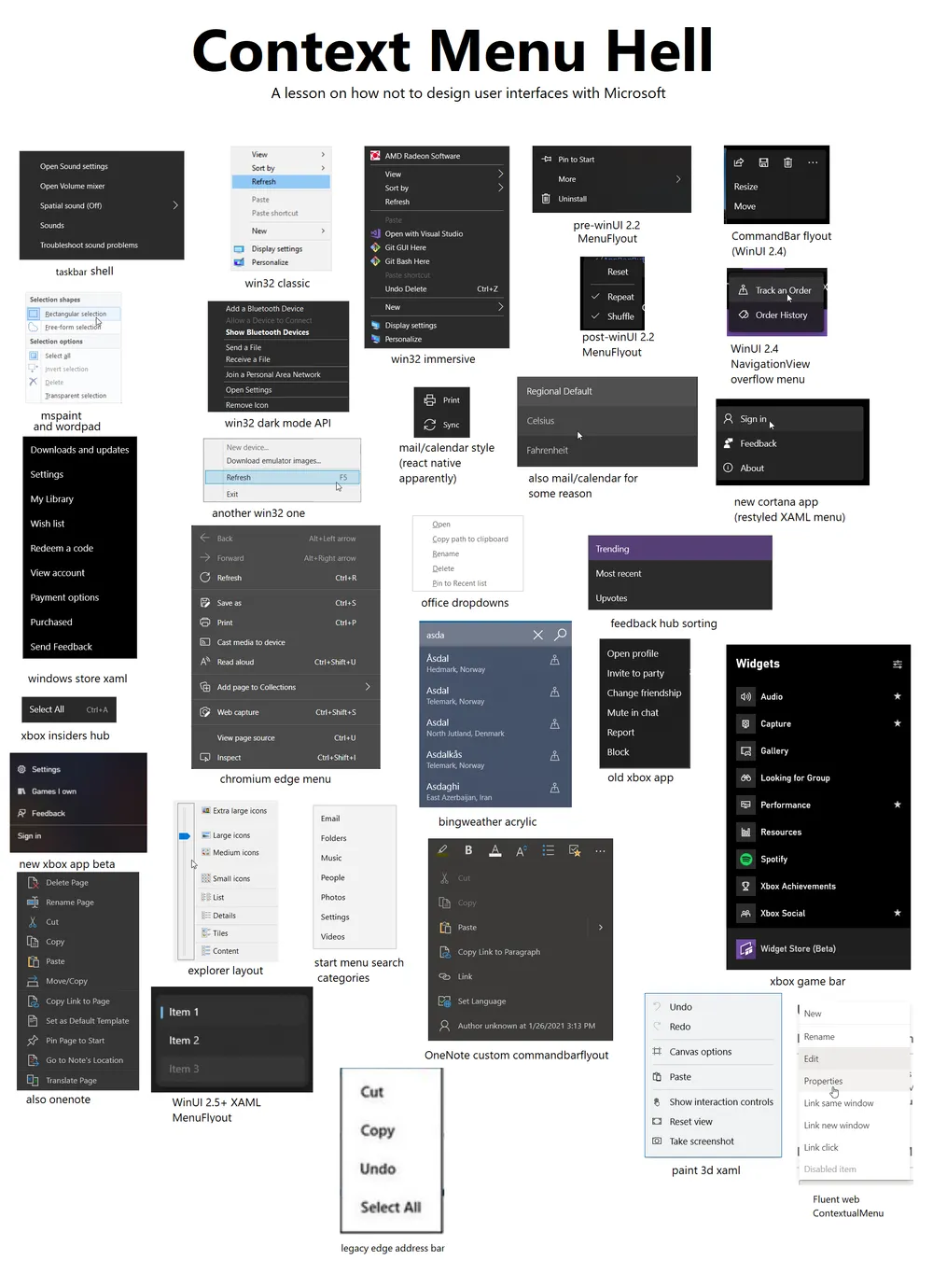My PC Apostasy—On Converting to the Cult of MacOS

It finally came to pass—I am now the owner of an Apple product (an insanely performant, M2-chipped MacBook Pro) for the first time in almost two decades, when the iPod Classic brought my massive library of crappy Green Day and Metallica mp3s to the palm of my hand.
During that intervening time, I maintained the stubborn attitude of a PC dogmatist. After all, PCs could be custom-built and endlessly modified (something I did in high school, with the help of a family member), they were better for games (except for that Spiderman game I dropped $50 on in 2006, which never worked on my graphics card), and they were always just more intuitive to me (speaking for Windows, anyway, whose folder/file system I still prefer to MacOS).
Of course, there was always also the perverse pride in not giving in to the hype, of decrying the decadence and thoughtlessness of both the masses and “creative types” who gave up their free choice of software and hardware to a marketing-savvy corporate giant, of feeling like one of the true holdouts to defend…what? A Windows user-interface that hasn’t established a good or even consistent design in 30 years? A bland aesthetic redolent of bureaucratic senescence? An operating system whose frequent crashes and bugs caused an untold number of desperate hours trying to troubleshoot fixes? A chaotic ecosystem and knowledge base where there was never less than 10 different ways to do something relatively simple?

This pietistic streak on my part, a “Here I stand, I can do no other” mentality, if you will, was an unwitting embodiment of a canny and insightful comment made by semiotician and novelist Umberto Eco all the way back in 1994—that “the Macintosh is Catholic and that DOS is Protestant” (and I, for my part, was as Protestant as Luther or Calvin):
Indeed, the Macintosh is counterreformist and has been influenced by the “ratio studiorum” of the Jesuits. It is cheerful, friendly, conciliatory, it tells the faithful how they must proceed step by step to reach—if not the Kingdom of Heaven—the moment in which their document is printed. It is catechistic: the essence of revelation is dealt with via simple formulae and sumptuous icons. Everyone has a right to salvation.
DOS is Protestant, or even Calvinistic. It allows free interpretation of scripture, demands difficult personal decisions, imposes a subtle hermeneutics upon the user, and takes for granted the idea that not all can reach salvation. To make the system work you need to interpret the program yourself: a long way from the baroque community of revelers, the user is closed within the loneliness of his own inner torment.
It is, I admit, something like a Puritan’s envy for that cheerful and conciliatory user experience of the Mac that finally led me to forsake the dour Northern lands of PC-dom and cross the operating-system Tiber. Not only did I want a better-performing machine—and the M2 MacBook Pro with 32GB of memory is certainly the most powerful I’ve ever used—but, as a begrudgingly acknowledged “creative type” myself, I wanted access to the sensory wonders of that “baroque community of revelers” I had previously only pined after.
I can now use apps like Arc, a gorgeous browser that’s an absolute game-changer for tab and context management; Reflect, a high-powered, networked note app; and iA Presenter, an app for generating sleek and simple slides from Markdown. In general, tools and workflows for design and coding just appear to be smoother, simpler, and prettier. There’s also the handy Homebrew command line tool, which makes installing and managing software packages and tools for coding much easier; there’s all of the default and programmable keyboard shortcuts, the initiation into which is like learning to genuflect and make the sign of the cross; and of course, there’s the vividness of the colors, fonts, and sumptuous icons.
The truth is that I still have and use my PC regularly. Lest I fall into the sin of a purely works-based salvation, the radical Reformationist that lives deep in my Pennsylvania Dutch ancestry has to step in to regulary chasten this seduction by the purely aesthetic trappings of religion…er, I mean operating systems. And there are some things I will always prefer on Windows (for one, the default text size for menus and folders on MacOS is abysmally small at normal resolution). So for now, I’m both Catholic and Protestant—in other words, an Anglican.